Explore the fascinating world of psychology! Learn how human behaviour, emotions, and cognition shape our lives, and uncover the key concepts that define this amazing field.
Table of Contents
Introduction
Have you ever wondered what makes us tick? Why we act the way we do? Why emotions like joy, fear, and anger have such a hold on us? If so, you’re not alone. Psychology, the study of the mind and behaviour, has been trying to answer these very questions for centuries. It’s a field so vast and diverse that it’s almost like peeking behind the curtain of human existence to understand what’s really going on inside our heads.
In this article, we’re going to unravel some of the mysteries of psychology. Whether you’re a seasoned psycholog enthusiast or just starting to explore the topic, there’s something here for everyone. So, grab a cup of tea (or coffee, if you prefer), and let’s dive into the fascinating world of psycholog!
The Basics of Psychology: What Is It All About?

Psychology is more than just studying why people act a certain way. It’s an exploration of thoughts, emotions, motivations, and behaviours that make us who we are. It examines both the conscious and unconscious elements of the mind, the ways we interact with others, and how our environment shapes our internal processes.
At its core, psychology can be divided into several branches:
- Clinical: Deals with diagnosing and treating mental health disorders.
- Cognitive: Focuses on mental processes like memory, perception, and problem-solving.
- Developmental: Studies how people grow and change throughout their lives.
- Social: Looks at how social environments and groups influence behaviour.
- Industrial-Organisational: Focuses on how psychology applies to workplace behaviour.
These branches only scratch the surface of what psychology covers. But, they give us a solid foundation for understanding the different ways psychologists break down human behaviour.
How Psychology Impacts Our Daily Lives
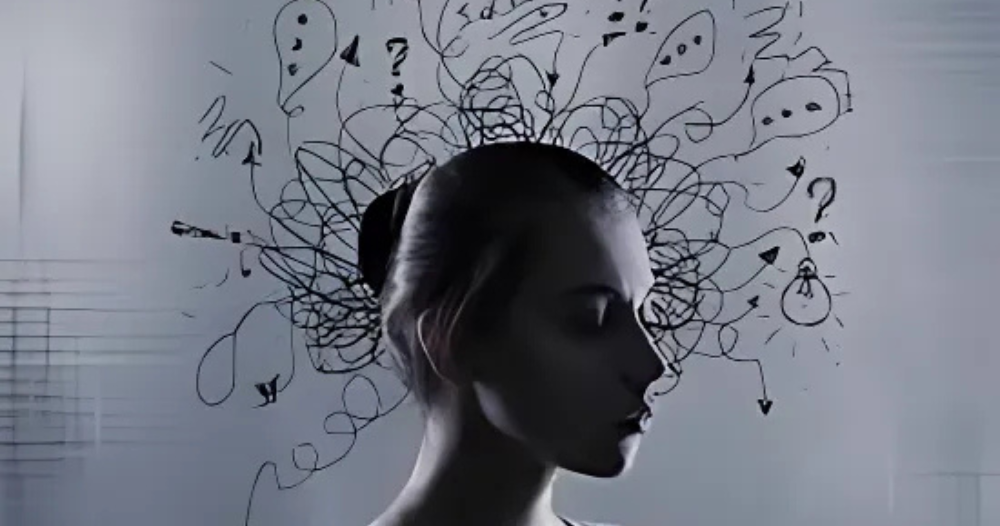
Psychology isn’t just something you read about in textbooks. It’s a part of your life every single day. Here’s how:
1. Understanding Emotions
Ever wonder why certain things get under your skin? Or why you might feel inexplicably happy or sad at times? That’s your emotional brain doing its thing! By understanding psychological concepts like emotional regulation, we can better manage our reactions in stressful situations, handle anxiety, or even understand why we sometimes get grumpy for no apparent reason.
2. Improving Relationships
Psychology offers tons of insight into how we communicate with others and the ways our relationships evolve. For instance, attachment theory explains how our early experiences with caregivers shape how we form relationships as adults. Understanding these concepts can help you communicate better, resolve conflicts, and deepen connections with others.
3. Boosting Personal Growth
Psychological principles, like those behind positive reinforcement and self-determination, can be the key to personal growth. Want to become more productive or learn to embrace new challenges? Psychology can offer strategies that tap into your intrinsic motivation and boost your self-esteem.
The Mind-Blowing Theories That Shaped Psychology

There are certain theories that, when they first emerged, completely changed the way we thought about human behaviour. Let’s take a look at a few that are still relevant today:
Sigmund Freud’s Psychoanalysis
Sigmund Freud, the father of psychoanalysis, revolutionised how we view the unconscious mind. His theory suggests that our unconscious desires and early childhood experiences have a significant impact on our adult behaviours. Freud introduced ideas like defence mechanisms (like repression and denial), the id, ego, and superego, which have remained influential despite controversy.
B.F. Skinner’s Behaviourism
If you’ve ever trained a pet, you’ve probably come across B.F. Skinner’s theory of operant conditioning. Skinner believed that all behaviour could be shaped by reinforcement or punishment. So, when you reward a behaviour, it’s more likely to happen again. This principle is widely applied in education, therapy, and even marketing today.
Carl Rogers and Humanistic Psychology
Carl Rogers brought us the humanistic approach, which focuses on the individual’s potential for growth. His theories emphasised self-actualisation—the idea that people strive to reach their fullest potential—and the importance of unconditional positive regard (love and support without judgment). His work is still used in therapy and counselling practices around the world.
How Our Environment Shapes Our Psychology
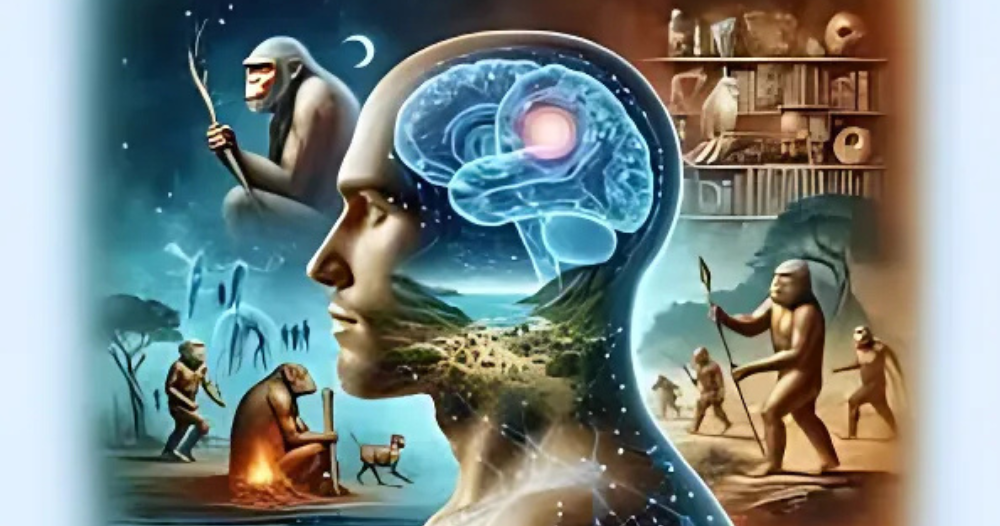
Ever heard the phrase “you are who you hang out with”? Well, it’s true—your environment, including the people you surround yourself with, plays a huge role in shaping who you are.
Nature vs. Nurture: The Ultimate Debate
Psychologists have long debated the impact of genetics (nature) and upbringing (nurture) on human behaviour. Are we born with our personalities and behaviours, or do our environments shape us into who we become?
Research shows it’s a bit of both. While our genetic makeup lays the foundation, experiences—like the relationships we have, the education we receive, and the culture we grow up in—can significantly influence our behaviour. So, it’s safe to say that psychology is a blend of both nature and nurture.
The Power of Social Influence
Social psycho shows us that we’re constantly influenced by the people around us. From peer pressure to group dynamics, our behaviours are often a direct result of our social environment. Have you ever done something you wouldn’t normally do just because your friends encouraged you? That’s social influence in action!
The Psychology of Decision-Making: Why We Do What We Do
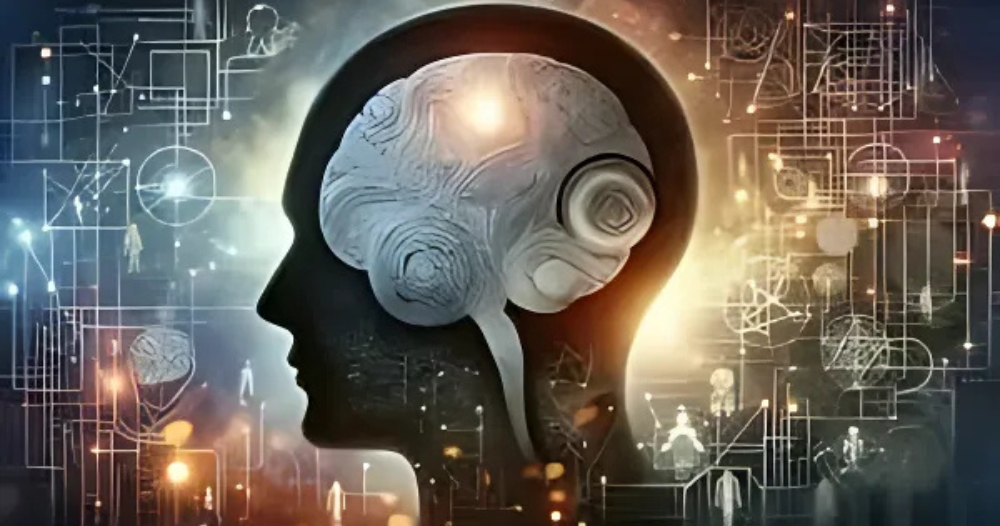
Have you ever found yourself staring at a menu, torn between two dishes, and unable to make a decision? Or maybe you’ve made a spontaneous purchase you later regretted? That’s psychology at work, too.
Cognitive Biases: Our Mental Shortcuts
Our brains are wired to take shortcuts when making decisions, which is why we often fall victim to cognitive biases. These biases can cause us to make irrational choices or form inaccurate conclusions. Some common ones include:
- Confirmation Bias: Seeking out information that confirms what we already believe.
- Anchoring Bias: Relying too heavily on the first piece of information we hear.
- Loss Aversion: Fearing losses more than valuing gains.
Recognising these biases can help you make more informed, rational decisions in both your personal and professional life.
Psychology and Mental Health: The Key to Better Wellbeing
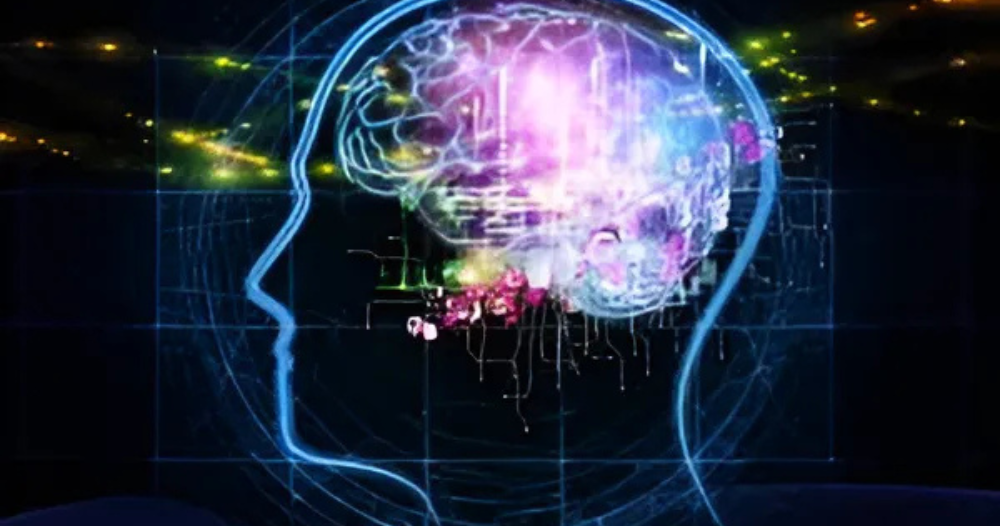
Mental health is an essential part of psychology, and understanding the psychological factors behind mental health issues can make all the difference in the world. Here are some common mental health conditions and how it helps:
Anxiety and Depression
Cognitive-behavioural therapy (CBT), one of the most effective forms of therapy, is rooted in psychological principles. It helps individuals recognise and change negative thought patterns that contribute to anxiety and depression. Psychologists also focus on coping strategies to deal with stress, fear, and uncertainty.
Stress and Burnout
Psychological techniques such as mindfulness and relaxation exercises can be incredibly helpful in reducing stress. By teaching people how to manage their emotional responses to stressful situations, psychology helps improve overall mental health and quality of life.
Conclusion
The world of psychology is vast, fascinating, and ever-evolving. From understanding why we make decisions to improving our mental health, psychology plays a huge role in shaping who we are and how we interact with the world. Whether you’re interested in the science behind our behaviours or just want to learn more about yourself and others, psychology offers valuable insights that can transform your life.
So next time you’re wondering why you feel the way you do or why people act the way they do, remember—there’s psychology behind it all!
How to Read People Like A Book!
For Video Content: Checkout Our Youtube Channel
FAQs About Psychology
What is the role of a psychologist?
A psychologist studies the mind and human behaviour to help individuals understand and manage their emotions, thoughts, and actions. They may provide therapy, conduct research, or work in educational or corporate settings.
Can psychology help improve relationships?
Absolutely! Psychology provides insight into how people communicate, handle conflict, and build trust. Understanding these concepts can significantly improve relationships, whether romantic, familial, or friendships.
How does psychology help in the workplace?
Psychologists in the workplace focus on improving employee satisfaction, motivation, and productivity. They also help companies create a healthy work environment by addressing issues like stress, conflict, and leadership.
What’s the difference between a psychiatrist and a psychologist?
A psychiatrist is a medical doctor who can prescribe medication for mental health conditions. A psychologist, on the other hand, focuses on therapy and counselling, often using cognitive-behavioural techniques and other approaches.
By: Ardansharma
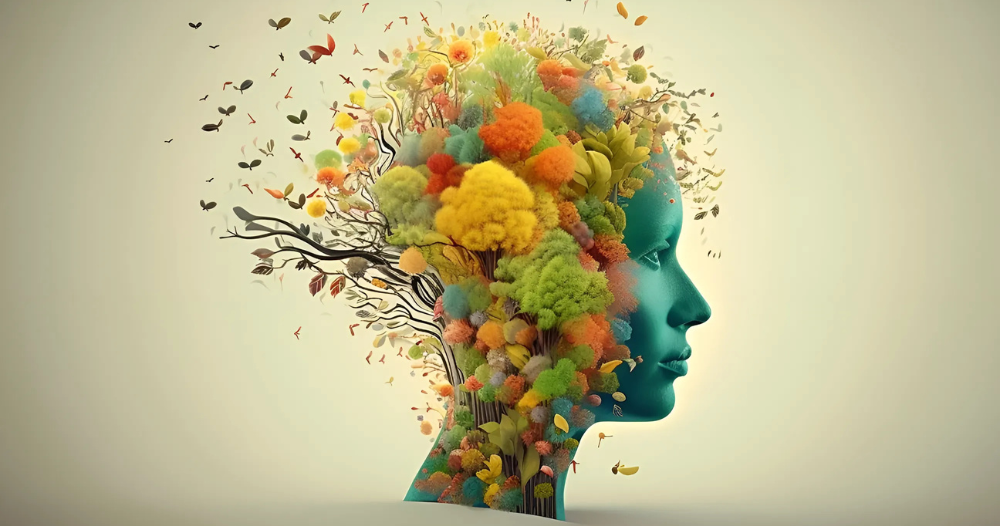


Pingback: Types of Human Psychology: Learn to Shape Your Thoughts